#house of lords and commons
Text
quintessence ghouls have their cool healing and body powers, but i think water ghouls also frequently found in the halls of healing.
they have naturally cool temperatures, helping to soothe fevers. water bends to their will, they can clear sinuses with one tap to the forehead. dry eyes, dry mouth, dry skin, burns, all relieved by water's gentle touch.
sure, it's not setting bones and stealing migraines and sensing and preventing harm before it even occurs, but it's healing all the same
i thought too much about this
#as i think about it really all of the elements can work as healers#just so happens it's more common for quintessence and water ghouls#nameless ghouls#the band ghost#*alright this was in my drafts i don't recall writing it blame the covid#*i do think im on to something though#*if anyone wants to send a ghoul to my house to dropkick my sinuses be my guest#*i need to come back to this#*halls of healing lord send them to bleach the sw from my brain too lmao
155 notes
·
View notes
Text
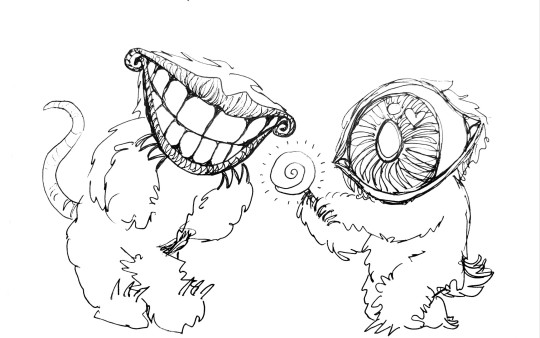


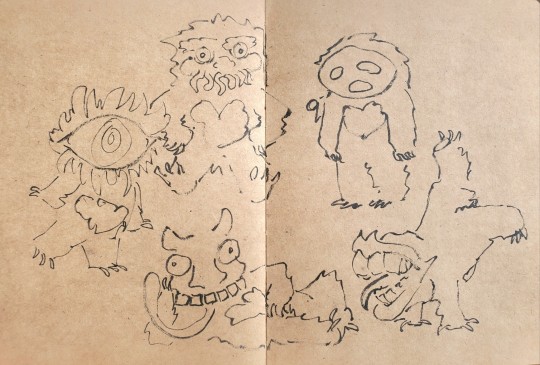

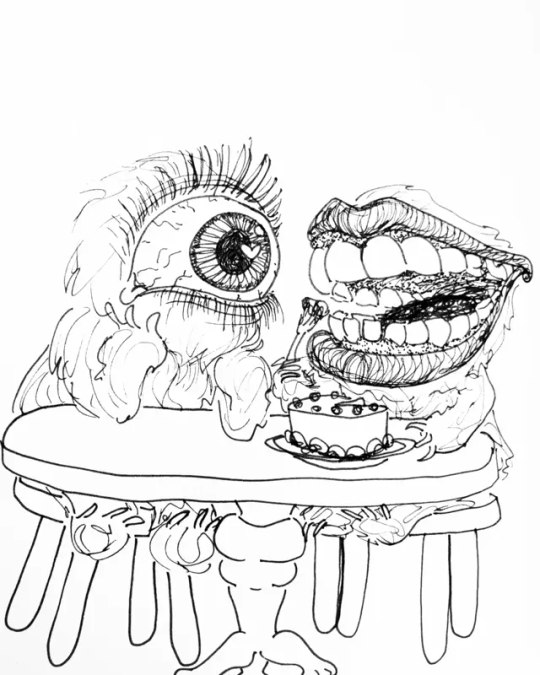
Doodle Dump: Lords in Black edition
#nerdy prudes must die#the lords in black#pokey#pokotho#blinky#bliklotep#tinky#t'noy karaxis#nibbly#nibblenephim#i put pokey in the eeyore house#and ya i kinda ship blinky and nibbly my logic is if the greek gods can fuck their siblings then this too is yuri#they have so much in common like... consumption... and being he/him femmes
69 notes
·
View notes
Text
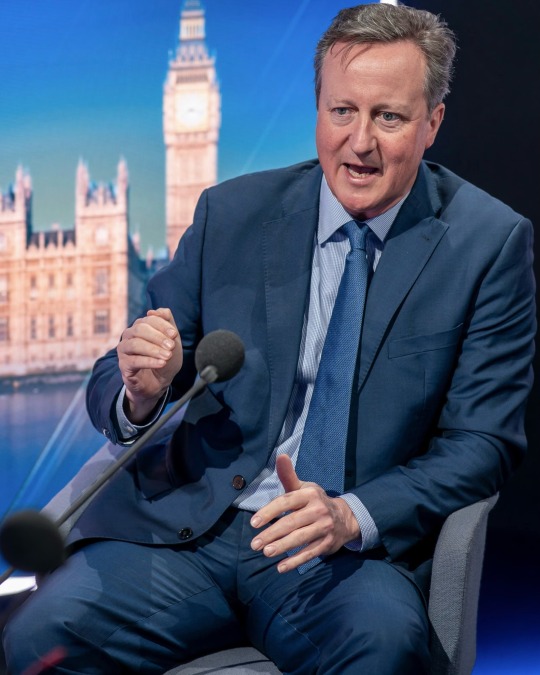
David Cameron
#suitdaddy#suiteddaddy#suit and tie#men in suits#suited daddy#suited grandpa#suitedman#suit daddy#suitfetish#suit bulge#buisness suit#suited men#suitedmen#british man#british men#member of parliament#house of commons#house of lords#uk pm#David Cameron
32 notes
·
View notes
Text
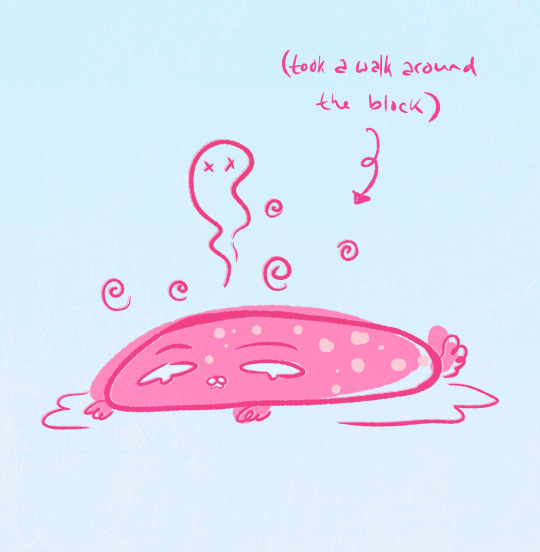
#sona sillies#i got tired of sitting around the house and sleeping on and off so i was like#lets take a walk#we like walks#just a little one#we can stop at the corner store itll be nice itll be good for us#my lORD it was??? fucking exhausting for no good gd reason#that last anon said brain fog was common and i was like “oh i dont think ive experienced that yet”#yes i have lol#i just didnt realize it because i was sitting at home and not like. you know. in the world trying to do things#and this was barely a thing my gODDDDD#i am so sleepy now lol
80 notes
·
View notes
Text
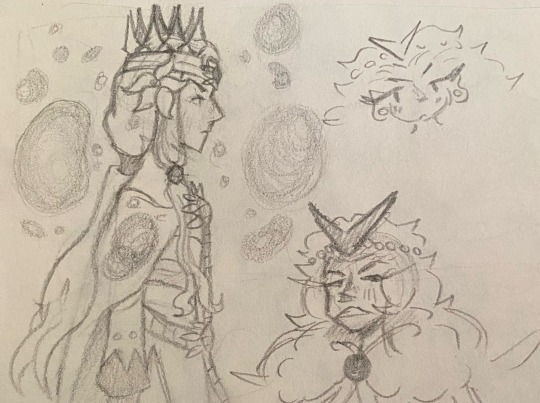

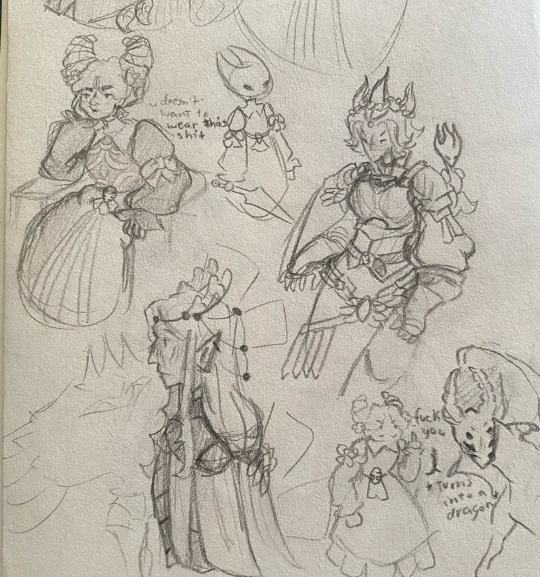
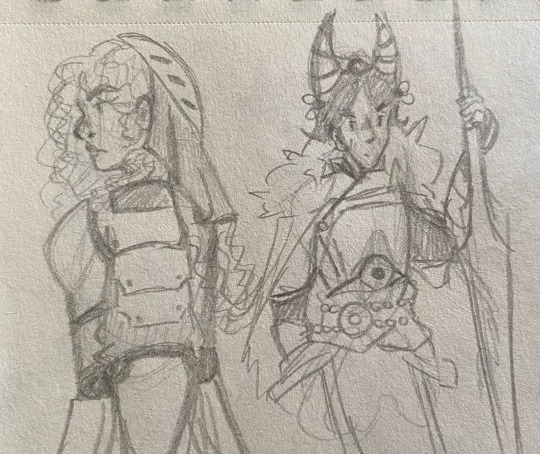
So I recently got nostalgic over my fire emblem obsession (which I had in uh 2019)
And I kinda got inspired by FE: Three Houses to do a weird combination of that story with hollow knight (so an AU basically). Idk what happens in this AU all I know is the Pale King is Serios and the Great Knights are the knights of Serios lol-
Also I love to imagine each character in a different class. Like Hornet is definitely the thief/assassin class.
The inspo for the doodles:


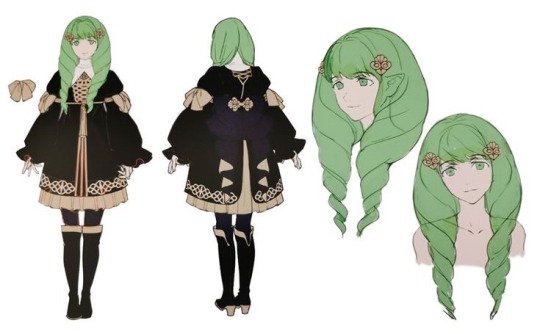
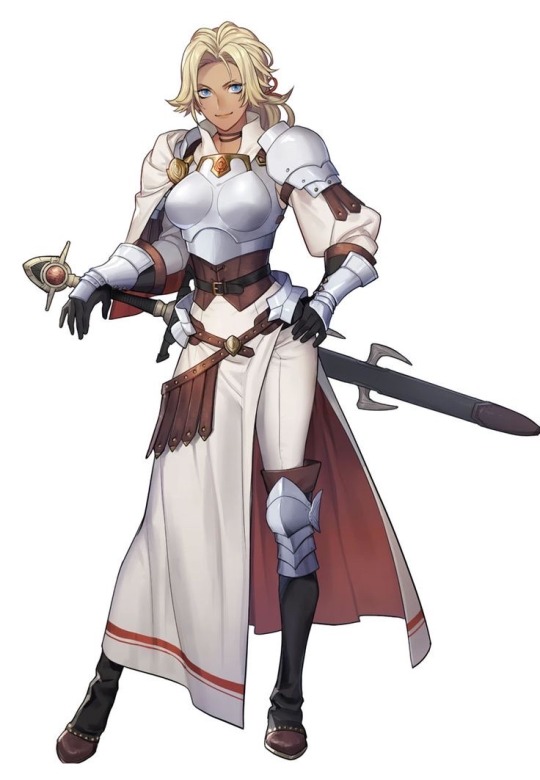
#hollow knight#hollow knight fanart#hk#hk gijinka#hk hornet#hk pure vessel#hk pale king#hk white lady#hk radiance#hk herrah#hk mantis lords#hk dryya#fire emblem three houses#we love AUs that combine two different games that have almost nothing in common
31 notes
·
View notes
Photo

The Palace of Westminster
#London#Westminster#palace#parliament#houses of parliament#house of common#house of lords#history#government#politics#England#UK
135 notes
·
View notes
Text
Life in Occupied Philadelphia it’s fantastic!
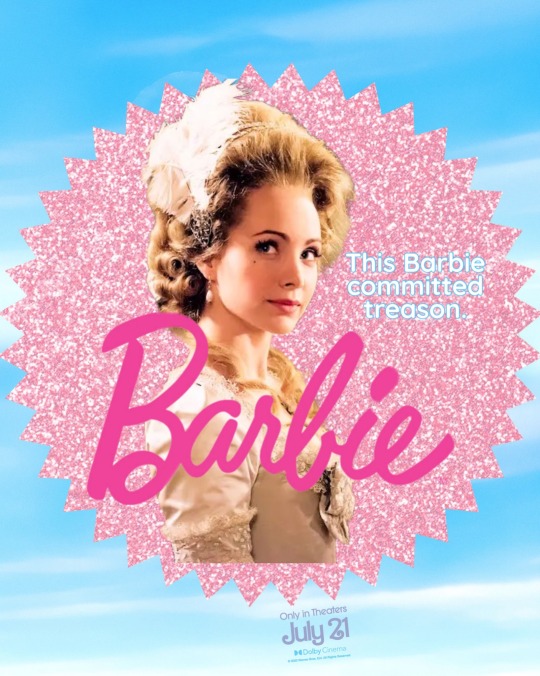
#y’all know I had to jump on this trend#additionally: this Barbie burned her fucking house down. this Barbie hangs black petticoats and lies about being married.#this Barbie is the only spy with some common sense in this show#peggy shippen#my best friend peggy shippen#turn: washington's spies#turn: washington’s spies#couldn’t get the fonts but I’m trying okay#our lord and savior Greta Gerwig
102 notes
·
View notes
Text
I know the appeal of FE and character-centric media and fandom is blorboing and meow-meowfying your fave, delving into the personal and interpersonal, but I do often wish other approaches had more traction too.
Specifically in regards to 3H, most of the characters are ruling class or personally close to the ruling class, and the canon already tries to take a more grounded approach to politics, so I think it's fun to explore that regardless of how kind or principled or well-intentioned the characters are as individuals, they will inevitably do some crazy fucked up shit as politicians, as the government, as the military, especially in wartime
Ex: as the players, we know that the students are Nice People™ and that they all have their Sad Backstories™ and all that, but what about random in-universe commoners who don't know their rulers personally. How do they feel about this stuff, how are their lives affected by the policies and decisions. What kind of propaganda works on which portions of the masses.
What lasting impacts do the canon events have, outside of the obvious "the characters we know become famous and significant historical figures in-universe." Which cities become centers of finance or commerce, as a result of specific policies and incidents and decisions. What factions lionize which historical figures and why. Which historical dynasty do people like to LARP as for nationalistic reasons (lmao)
Fans focus a lot on how the environment the characters are in affect them, but in turn— how do the characters affect the environment and the world, considering they definitely have the means/authority/position for it. Like, beyond the vague generic "they make the world a better place by doing Good Things and not doing Bad Things." Canon gives some crumbs about stuff like public servants, public education, citizen participation in government (democracy), etc, but it really is just crumbs, there's definitely a lot that can be explored and built upon in fanworks.
...All this can be summed up as "I'm a slut for worldbuilding" (I am) but yeah.
#fe3h#fire emblem three houses#meta#slotalks#btw my stance on Lord Disk Horse is that realistically if i was a random commoner in the 3h world i'd want all three guillotined#'nobles be like 'nobles be like' but they're the nobles that be like#<- this is the three lords#very cool that you're Not Like The Other Nobles but how am i supposed to know that#and how can i trust that you're not just a waste of taxes like everyone else before you!#fe3h meta
8 notes
·
View notes
Text

i’m borros i’m the literal lord of storms end and i never fuckin learned how to read
#i know it was more common to be illiterate then but you’re a whole lord my dude#house of the dragon#game of thrones#baratheon#borros baratheon#princess rhaenyra#princess rhaenys targaryen#daemon targaryen#matt smith#daemon#daemon x viserys#queen rhaenyra#rhaenyra x alicent#alicent hightower#danearys targaryen#aemond one eye#prince aemond#aegon targaryen#haelena targaryen#house targaryen#tyrion lannister#jon snow#george r r martin#dance of the dragons#song of ice and fire#corlys velaryon#laenor velaryon#harwin strong#ser harwin#harwin x reader
74 notes
·
View notes
Text
Anonymous asked: I have always wondered why Winston Churchill never received a proper noble title by the time he died. Ex-Prime Ministers such as Harold Macmillan was made an earl and Margaret Thatcher was made a baroness so why wasn’t Churchill recognised for his heroic leadership and political service during the Second World War?
As you might imagine the answer isn’t as straight forward as you might suppose. In truth Sir Winston Churchill was recognised for shepherding the country and the British Empire through the darkest hours of war. His place in history is assured and for someone who always had an eye on the arc of history Churchill, I imagine, died happily enough knowing his achievements were enshrined in the nation’s long history.
Churchill was offered the title of the Duke of Dover as well as Knight of the Garter by George VI, a monarch who at the outset preferred Chamberlain to Churchill but in time came to deeply appreciate Churchill’s qualities as a war leader. Churchill, much to the King’s surprise, declined the offer of a dukedom and also membership of the Order of the Garter, saying that it would be inappropriate given that the electorate had just given him the Order of the Boot - he had just lost the 1945 General Election to Labour’s Clement Attlee.
Later in 1955, after retiring as prime minister, Churchill was again offered elevation to the peerage in the rank of duke by Queen Elizabeth II as the Duke of London (apparently). He again declined. But Churchill did accept in 1953 from Queen Elizabeth II the Order of the Garter. The Queen appointed him the 912th Knight of the Garter on April 24, 1953. He had already been made a Companion of Honour and a member of the Order of Merit. The Order of the Garter is the most senior and the oldest British Order of Chivalry and was founded by Edward III in 1348. The Order, consisting of the King and twenty-five knights, honours those who have held public office, who have contributed in a particular way to national life or who have served the Sovereign personally.
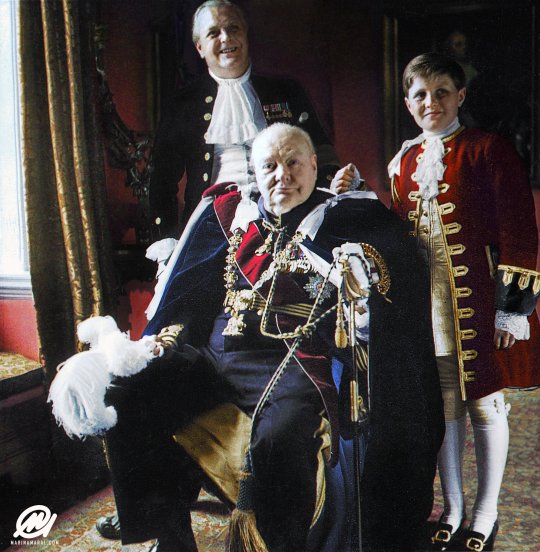
So why did he turn down being a duke because after all past prime ministers retiring from the House of Commons were offered earldoms and other titled baubles?
A few reasons have been put forward by historians and his biographers. It isn’t because Churchill didn’t think it was a special honour, because he recognised its importance. His reasons seemed more practical.
For one thing being offered a dukedom meant also the expectation that you lived the lifestyle of a duke. It goes without saying the lifestyle of a duke, back then, was an expensive undertaking. In the 1940s and 1950s a duke was expected to be rich, to have at least two stately homes plus a large house in London, and to live on his estates and play a part in local affairs. Being a JP, raising funds for local charities, showing up for school openings and the like. It’s all very Downton Abbey-esque. Certainly the social expectations pre-1945 of the British aristocracy well established.
My grandfather was told by his grandfather of how his childhood friend from school, Lord Lansdowne, a great-grandson of Prime Minister Lord Shelburne and a marquess with two stately homes, was offered a dukedom after being viceroy of India; but Henry Petty-Fitzmaurice, the 5th Marquess of Landsdowne, refused because his income was not large enough. In fact being a duke was no fun at all, despite what people then and especially now think.
At the outset of the 1870s, the British aristocracy could rightly consider themselves the most fortunate people on earth: they held the lion's share of land, wealth, and power in the world's greatest empire. By the end of the 1930s they had lost not only a generation of sons in the First World War, but also much of their prosperity, prestige, and political significance. This loss was accentuated in slow motion speed into the 1950s and beyond. Other countries such as Russia, Germany or Austria can pinpoint a single event to the demise of their landed nobility (revolution or war), but in Britain it has been quintessentially different. Britain was unique in that the displacement of the British aristocracy occurred without revolutionary overthrow. It was in fact a bloodless revolution.

The assembled Dukes in 2010: (from left to right) 1. James Graham, 8th Duke of Montrose; 2. David Manners, 11th Duke of Rutland; 3. John Seymour, 19th Duke of Somerset; 4. Ralph Percy, 12th Duke of Northumberland; 5. Andrew Russell, 15th Duke of Bedford; 6. Edward Fizalan-Howard, 18th Duke of Norfolk; 7. Torquhil Campbell, 18th Duke of Argyll; 8. Maurice FitzGerald, 9th Duke of Leinster; 9. Murray Beauclerk, 14th Duke of St Albans; 10. Arthur Wellesey, 8th Duke of Wellington.
The sobering scholarship of the Cambridge historian, Sir David Cannadine has pointed to mainly three principal reasons for the decline of the aristocracy in British public life. Firstly, land reform (especially in Ireland). The unearned income of the landlord became increasingly the target, especially in Ireland, of new political movements. and the huge sales of land in the 1920s to meet taxes and death duties. - crippled the aristocracy in Britain. This was combined with a lengthy agricultural depression that began at roughly the same time. Indeed it began when the price of wheat dropped during the 1880s. The gradual increase of tonnage being shipped because of steam, allowed large quantiles of arable produce to enter Europe from the US and elsewhere, reducing prices. The British refused to slam tariffs on imports, because the new electorate enfranchised in 1885 were townies and liked the lower food prices in the shops.

Secondly, the mass killings in France and Belgium in World War One that claimed a generation of British lives of young men. The aristocracy volunteered for the British armed forces in droves because they were dispirited by their losing social and economic struggle at home, and preferred to fight a battle they thought they could win. In actuality, the aristocratic ethos carried with it many obligations, one of which was that an aristocrat not shirk from fighting his country's battles. The deeply ingrained sense of honour nurtured by the British upper class was one of its most admirable characteristics, and the sons (and sometimes fathers) of the upper class who headed for the front lines simply were acting in accordance with their sense of honour. The result was a casualty rate far in excess of any other social group in the country.
Thirdly, hand in hand with all this was the whirlwinds of social change taking place such as the rise of the middle class into the professions seen as the traditional strongholds of the aristocracy. The professionalisation of traditional occupations such as the civil service, church, military, politics, or law meant the educated middle classes could compete, and frequently excel, an aristocracy now resting on past laurels. The aristocracy couldn’t complain as they just grew fat and lazy whilst the more risk taking and ambitious middle classes had a greater hunger to succeed. More damning was the fact that the aristocracy lost touch with their societal roots of duty and obligation and were rightly found to not represent the populace with the extension of the electoral franchise.
These days dukes have adapted to the winds of change. Some have followed Dukes of Bedford in 1945 and later the infamous Marquess of Bath to open their stately homes, Woburn Abbey and Longleat respectively, as theme parks cum tourist attractions. They were much criticised at the time. Alexander Montagu, 10th Duke of Manchester, sold off his two stately homes in the early 1950s and lost much of his status doing so - in the 1600s, his heir might have been prevented from assuming his title and seat in the Lords because of insufficient wealth. This happened to Roger Stafford, heir of that medieval Stafford family, over whom Henry Montagu, the 1st Duke of Manchester, presided a royal commission to see if poverty disqualified his claim to the barony of Stafford.
As interesting as this discussion is, I find myself straying from the question at hand.

Back to Churchill. I am of the view that the main reason why Churchill turned down a dukedom was that he knew that accepting a peerage might have cut short a renewed career in the Commons for his son Randolph and in due course might also prevent one for his grandson Winston. At the time there was no procedure for disclaiming a title. Indeed the procedure was first established only later by the Peerage Act 1963. As things stood then in Churchill’s time, upon inheriting a peerage, either Randolph or Winston would immediately be unseated from the House of Commons.
In the event, Randolph never sat in Parliament after losing his only seat there in 1945 and indeed was to die only three years after his father, so the dukedom would have had no effect on his career. Randolph's oldest son Winston did serve in the Commons from 1970 until 1997, but by that time provision existed for disclaiming a hereditary peerage, as long-serving far left Labour MP Tony Benn - born Anthony Wedgwood Benn, son of Labour Party peer, Viscount Stansgate - had done in 1963 upon the passing of the Peerage Act.
It also can be argued that Churchill had no need of a dukedom when he was already an aristocrat - or at least born into one. His father was Lord Randolph Churchill and direct descendant, of the famed 1st Duke of Marlborough. Winston was born in 1874 at his family’s ancestral home of Blenheim Palace in Oxfordshire. Whilst Churchill was an aristocrat, he didn’t really have much time for them, nor was he particularly enamoured by that class. Why that was the case, I would be happy to address in a future post. But for it’s enough to say that Sir Winston S. Churchill remained a commoner until he died.

Although it was considered usual for prime ministers to be offered earldoms, recent prime ministers have declined to accept peerages - the last to do so was Margaret Thatcher, who was made a baroness. Interestingly enough, Harold Macmillan was offered an Earldom immediately when he retired but rejected it, in retirement he later made many political interventions and criticised his successors, when Thatcher became Prime Minister he requested a peerage and was given the title Earl of Stockton, he used his new seat in the Lords to criticise Thatcher's handling of the coal miners' strike, so he pretty much used his new peerage as a way to have a platform from which to oppose Thatcher.
But with fewer peerages being created the political climate has changed where it’s rare that an outgoing prime minister is even offered any kind of title, let alone a peerage. These days a lot of that is down the the public image of the outgoing prime minister and it seems a lot of water has to pass under the bridge before someone can be considered for any kind of honour. John Major, Tony Blair, Gordon Brown, David Cameron, Theresa May, and even Boris Johnson (let’s not even talk about Liz Truss) have to wait for the political climate to change any kind of recognition.
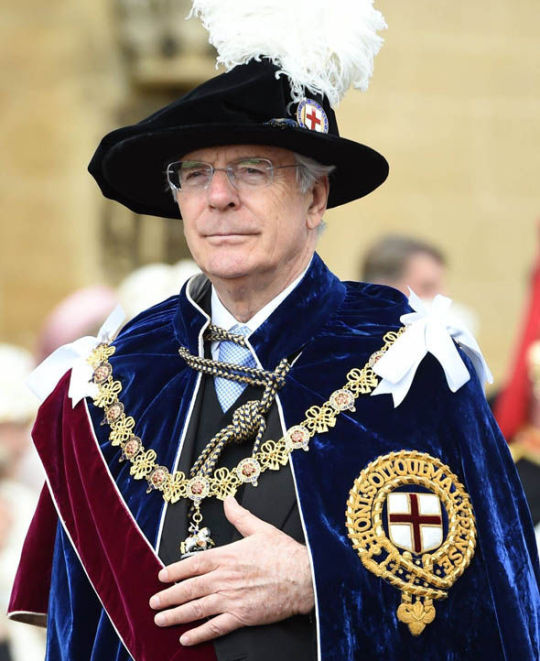
John Major turned down a peerage (or so it was reported) but accepted a knighthood in 2005 from the Queen when he was made Knight Companion of the Most Noble Order of the Garter, the oldest and most senior British order of chivalry. Tony Blair, who left Downing Street more than 15 years ago, recently followed in the footsteps of Major in 2021 when he too was knighted and made a Knight Companion of the Most Noble Order of the Garter.
Appointments to the Garter are in the Queen’s gift and made without prime ministerial advice. They are for life unless a knight or lady companion offends against certain “points of reproach”.

Founded in 1348 by Edward III, the garter is awarded by the sovereign for outstanding public service and achievement. It is said to have been inspired by events at a ball in northern France, attended by the king and Joan, Countess of Salisbury. The countess is believed to have dropped her garter, causing laughter and some embarrassment. The king, however, picked it up and wore it on his own leg, uttering the phrase “Honi soit qui mal y pense” – “Shame on him who thinks this evil” - now the order’s motto. The order’s emblem is a blue ribbon or garter worn by men below the left knee and by women on the left arm. There are now 21 non-royal companions in the order out of a maximum of 24.
Gordon Brown and David Cameron will have to wait their turn. Heaven knows what will happen when Liz Truss’ time comes. Perhaps we can have some piecemeal reform whereby by all means bestow a title on said politician but the public decides on the place name.
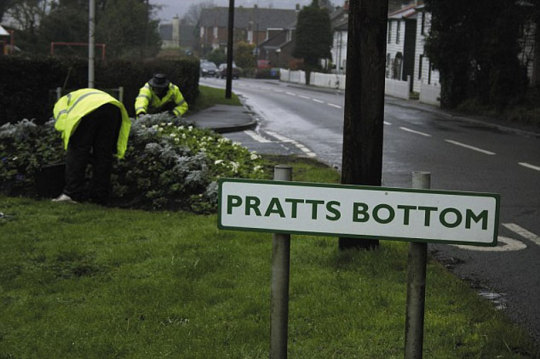

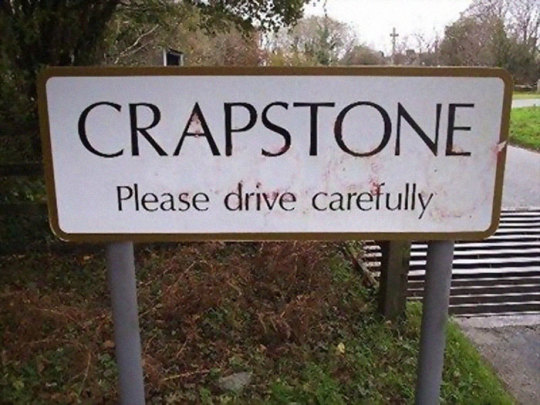

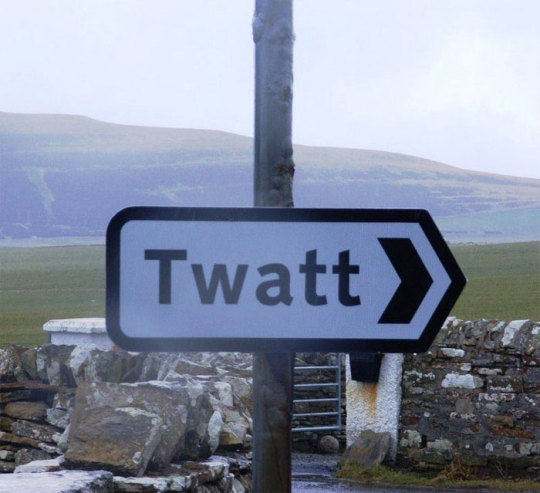
I look forward to hearing more from Lord Cameron of Pratt Bottom, Lord Brown of Great Snoring, Lady May of Crapstone, Lord Johnson of Bonks Hill, and Lady Truss of Twatt on great issues of the day in our public discourse.
Thanks for your question.
#question#ask#peerage#winston churchill#aristocracy#house of commons#knighthood#house of lords#politics#queen#monarchy#order of the garter#nobility#prime minister
56 notes
·
View notes
Photo
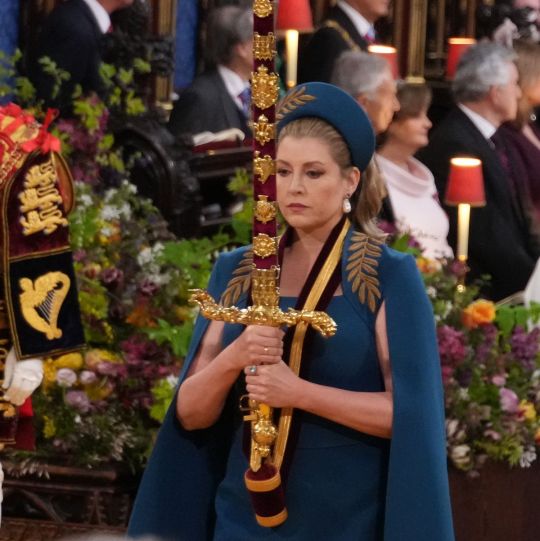
#penny mordaunt#Leader of the House of Commons#lord president of the council#member of parliament#mp#politician#penelope#penny#bearer of the Sword of State#trailblazer
23 notes
·
View notes
Text
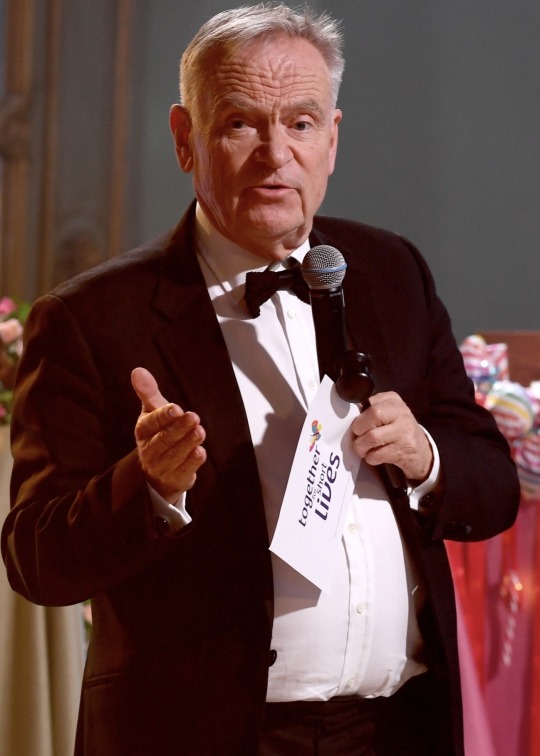
Jeffrey Archer
#suitdaddy#suiteddaddy#suit and tie#suited daddy#men in suits#silverfox#suited grandpa#suitfetish#tuxedo#dinner jacket#suitedman#buisness suit#suitedmen#british man#british men#member of parliament#house of commons#house of lords#uk conservative party#Jeffrey Archer
37 notes
·
View notes
Text
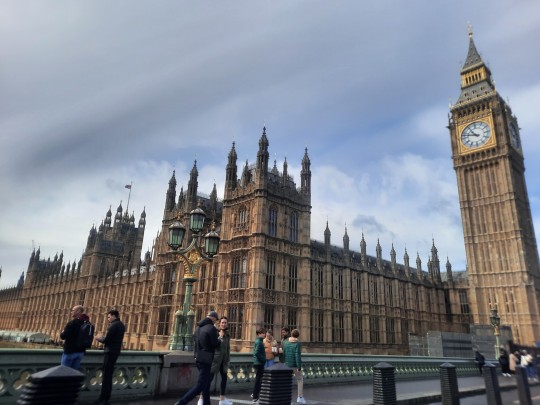
Where all of out bullshittery goes down.
Snapped it from the car as I thought I'd take you all with me today.
3 notes
·
View notes
Text

(Image credit: UK National Portrait Gallery)
On 18th October, 1963, BBC news reported that a Scottish Earl, Lord Home, had won what it described as 'one of the most bitterly fought leadership contests to become Britain’s Prime Minister'.
There were two immediate challenges for the new PM: he had to convince his disgruntled leadership rivals to fall in line and join the Cabinet to create a functioning government – the other minor inconvenience was that Lord Home needed a Commons constituency and fast. Three weeks later, the former 14th Earl of Home was now Sir Alec Douglas-Home, MP for Kinross and West Perthshire.
The change of leadership was as a result of the resignation of Harold Macmillan. GOV.UK rather poetically explains the reason for Macmillan's sudden departure as ‘due to a prostate condition that was exacerbated by the Profumo Affair’.
The BBC reported;
"…Mr Macmillan's choice of a peer to succeed him as Prime Minister - the first to hold the office since 1895 - is highly controversial, and has been greeted with bewilderment by the supporters of Rab Butler, who was widely believed to have been the Prime Minister's favoured candidate…The press and the opposition have also attacked Lord Home's aristocratic background and perceived lack of a public profile…"
The fracas surrounding the leadership transition, a result of the vague process loosely described in the Conservative Party as ‘informally emerging’, led to party reforms; In 1965, Edward Heath would be the first Tory leader to be elected by ballot.
The Douglas-Home administration lasted just under one year. Labour under Harold Wilson won the 1964 election with a precarious majority of four, but would consolidate its position in 1966.
Sir Alec served as Foreign Secretary during Edward Heath’s single term in government (1970-74). He subsequently went back to the House of Lords by virtue of a Life Peerage, as Lord Home of the Hirsel, where he served until his death in 1995.
#uk government#uk politics#social history#democracy#british culture#british prime ministers#uk history#house of lords#house of commons#uk general elections
38 notes
·
View notes
Text
“As the first truly modern code of laws, the Code Napoléon for the first time in modern history gave a nation a unified system of law applicable to all citizens without distinction.”
— Robert B. Holtman, The Napoleonic Revolution
#interesting#the author made note:#Britain 'still had entail and the privileges of the house of lords'#and it was based on common law#instead of codified civil law#Napoleon#civil law#civil code#napoleonic era#napoleonic#Napoleonic code#quote#french revolution#frev#France#history#first french empire#French empire#napoleon bonaparte
17 notes
·
View notes
Text

#lord el melloi ii#lord el-melloi ii case files#lord el-melloi ii#waver velvet#gray (fate)#european robin#common magpie#i have no idea what the other bird is. if anyone knows please plaese please tell me#dont ask me why i started tagging the birds either. Its my house.#fate series
18 notes
·
View notes